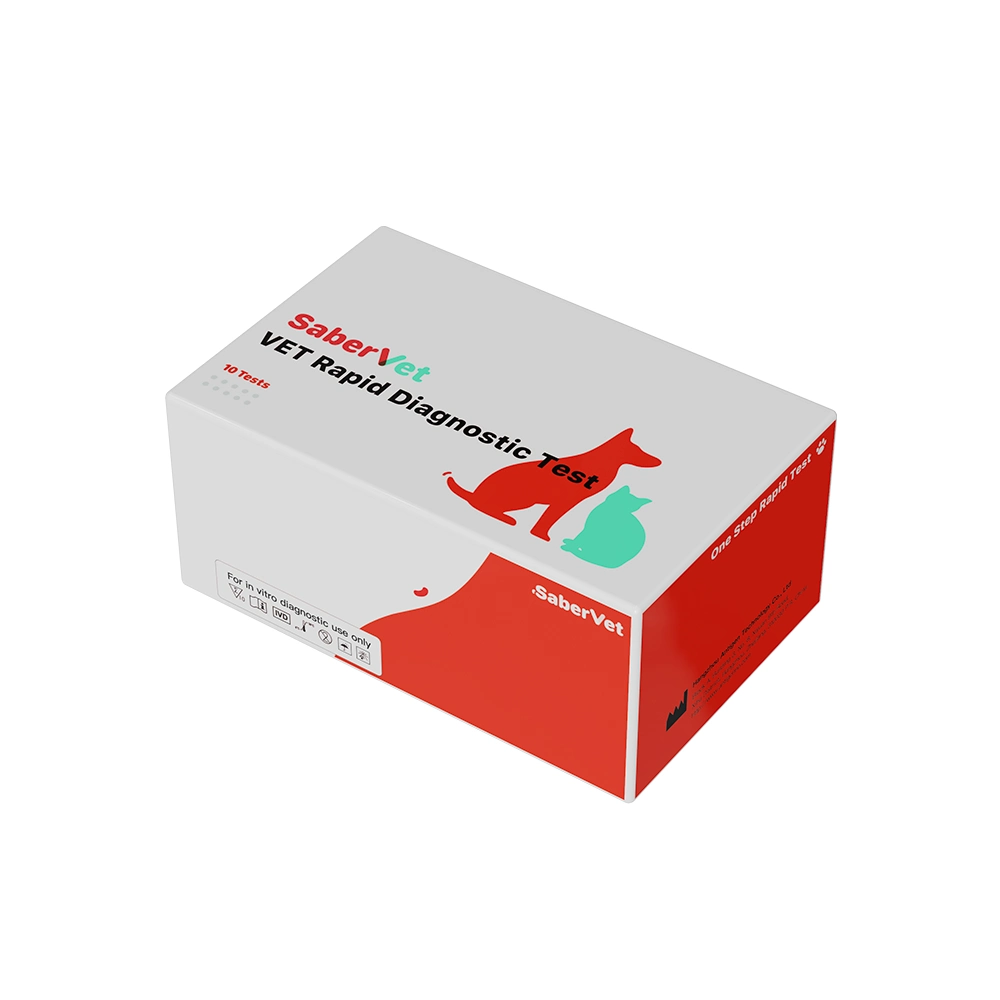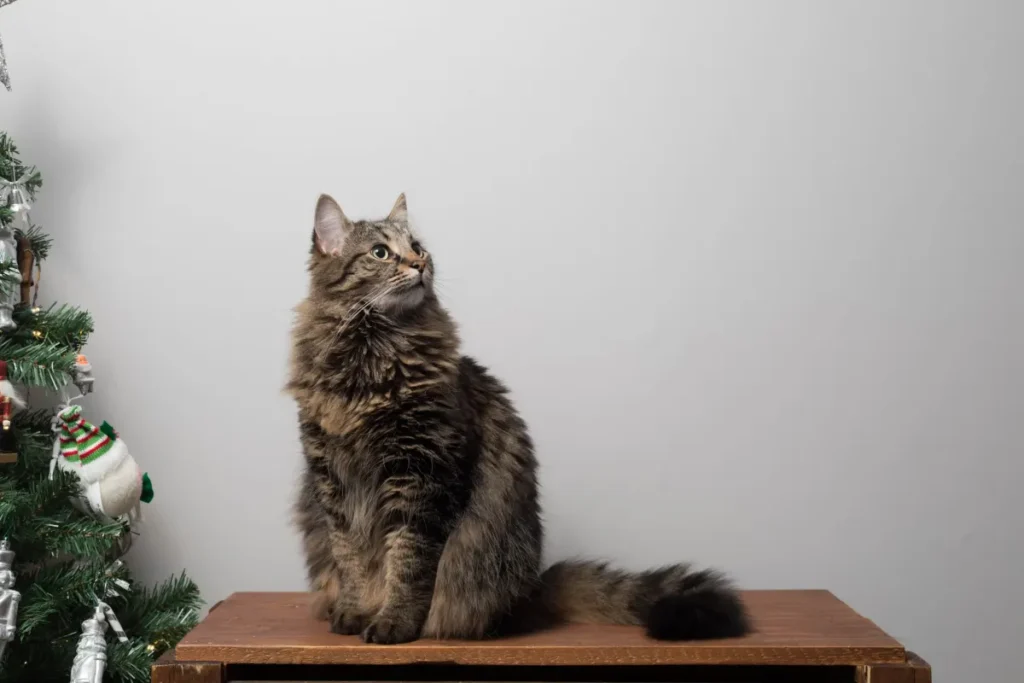Feline Giardia GIA (Giardia Intestinalis Antigen) is a prototypical worm that causes feline Giardiasis, a common intestinal infection in felines. The following is a description of feline Giardia Flagellate GIA:
1. Жизненный цикл паразита
Cyst formation: The life cycle of feline Giardia flagellates begins with mature worms in the intestinal tract, which produce cysts (sacs) that are excreted in the environment.
Infection process: other cats can be infected through ingestion of contaminated food, water or contact with infected animal feces, in which the cysts are reactivated in the intestines to become active worms, leading to infection.
2. Симптомы
Mild or asymptomatic: Many cats infected with feline Giardia have no noticeable symptoms. However, some infected cats may experience mild diarrhea, loss of appetite, vomiting, dehydration, and other digestive problems.
Long-term infection: In some cases, cats may carry feline Giardia felis for a long period without noticeable symptoms, but are still able to pass cysts in their feces and become a source of transmission.
3. Testing for diagnosis
Fecal testing: the presence of cysts or worms can be detected by testing fecal samples from cats. This usually involves the use of a microscope to visualize the morphology of the cysts or worms.
Antigen detection: Antigen detection is a commonly used method. ITGen’s Feline Giardia Rapid Test diagnoses infection by detecting the presence of specific antigens of feline Giardia in a fecal sample from a cat.
4. Treatment Prevention
Medication: Once diagnosed, feline giardia infection can be treated with antibiotics to reduce symptoms and clear the infection.
Environmental hygiene: Keeping the cat’s living environment clean and hygienic, and regularly cleaning the cat’s feces, eating utensils, water bowl, etc. can reduce the transmission of Giardia feline.
Preventive measures: Avoiding exposing cats to contaminated water, food, or other animals infected with feline giardia, as well as taking cats to the veterinarian regularly for health checkups and preventive measures, can reduce the risk of infection.
Feline Giardia GIA is a common feline intestinal infection that can be diagnosed through fecal testing and antigen detection. Prompt treatment and preventative measures can help control the spread of the infection and protect your cat’s health.













